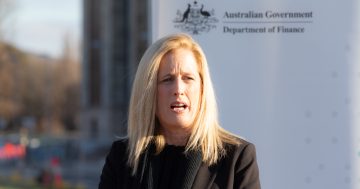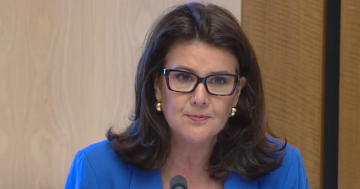
When I was young and impressionable (as opposed to now when I am old and impressionable), I studied organisational theory. You know, the stuff Frederick Taylor wrote on Scientific Management, Max Weber’s theories on bureaucracy and March and Simon’s thoughts on the dysfunction of bureaucracy.
I was particularly drawn to Weber’s theories and his notion of the anonymity of office for bureaucracy.
As a junior public servant I could relate to this theory. In those days, other than departmental secretaries, the names of public servants (the ultimate bureaucrats) were not made known to the general public. The same applied to other giant bureaucracies such as banks and large corporations, in which only the names of the chief executives were public.
This idea was to ensure that accountability for decisions rested with the office a person occupied, rather than the person him/herself. Thus the director of roads was accountable for potholes, but the actual guy in that position was not.
An officer could give frank and fearless advice or make a decision without a thought of being held publicly accountable and thereby ensuring an unbiased and brave approach to decision making. It was not flawless, however, as it enabled incompetent managers to survive.
It also meant that executive responsibility was real. Now it is only applied for political expediency or point scoring.
Over the years this anonymity has been eroded to the degree where now it is nigh on obsolete.
How often do we see officers’ names in advertisements for contracts, recruitment, public notices and in articles critical of an aspect of the governance of the day?
How often do we see the names of officers who have given advice or taken decisions in good faith, exposed in the media through the release of cabinet papers and freedom of information releases?
All too often, in my view! When I tried to impose this anonymity as a protection for officers appearing with or before me at Legislative Assembly committee hearings, (when being on both sides of the table), I was told that I was out of line and that the officers needed to justify themselves. My position of accepting the ultimate executive responsibility for decisions was only accepted by my opponents when it suited them.
At present, if a public servant makes a decision or gives advice, they have no guarantee that it won’t rear its head later on, or that they will avoid criticism for that action. Is this fair? Is this the way to ensure good decision making?
Should the public have the right to know who has contributed to a decision at every stage – from conception, to advice and conclusion?
Do we demand this right of the banks, mining companies, retail giants, financial advisory institutions? Do private sector companies have this right, when even stockholders of companies do not have that right?
Just because public services are provided through taxation, the demand for over the top transparency goes too far. Requiring the bases for decisions is fine by me but not the names of the people who propounded those bases.
How about some consistency between the public and private sectors?





















